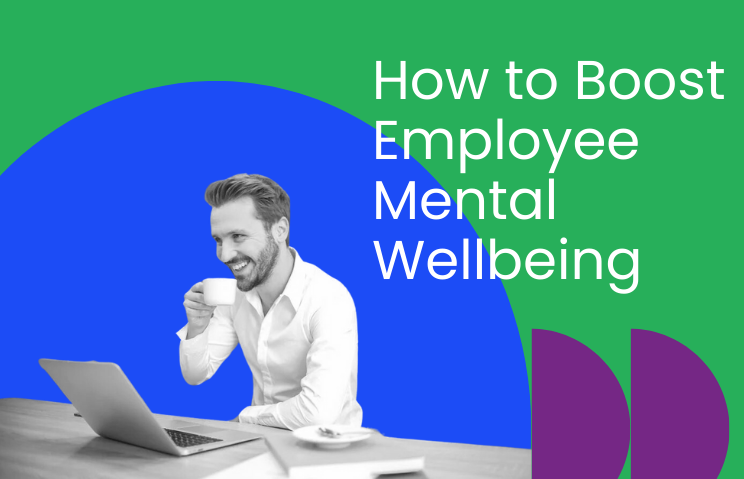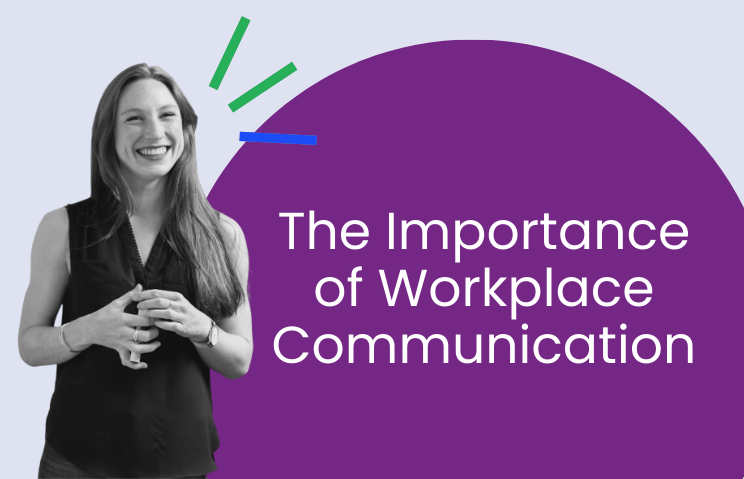A Guide to Exit Interviews

Saying goodbye to employees is inevitable, but that doesn’t mean it’s easy.
There are multiple reasons why an employee may leave their position, including termination, redundancy, resignation, and the end of a contract. Despite the condition under which employment has ended, it’s vitally important that organisations deliver a consistent, compliant and positive goodbye. This can be done with a solid offboarding process that handles exiting employees gracefully. A large part of a good offboarding process involves an exit interview.
What is an exit interview?
An exit interview is an opportunity to ask an employee for feedback on the organisation, their experience, and why they have decided to leave. Exit interviews can be conducted in either of two formats: a written survey or a face-to-face or virtual discussion.
Why are exit interviews important?
Exit interviews serve as information gathering tools where employers can gain a deeper understanding of the organisation though the eyes of someone in the coalface and capture sentiment as they walk out of the door.
Exit interviews can help determine the pulse of a workforce, the effectiveness of day-to-day processes and management styles, individual contribution and employee experience. Below are 3 reasons why exit interviews should never be skipped.
- Departing employees are likely to be more genuine when giving both positive and negative feedback and divulge truthful feelings about their time at the company.
- Feedback can help an organisation identify their strengths, weaknesses and room for growth.
- A well-structured exit interview will leave a positive lasting impression on an employee which benefits the employer brand. It also opens a space for the employee to feel comfortable returning to the company in the future, if they wish.
Exit interviews can reveal issues relating to compliance and risk management. By asking the right questions, an employer can uncover unfavourable claims such as discrimination, workplace harassment, etc. which can lead to legal action and bad publicity. Dealing with such matters before the employee departs lessens the risk that the individual takes further action later down the line. Using exit interviews as a preventative measure protects the organisation as well as the employee.
Read more: Why Feedback is Key to Effective Performance Management
What questions should an exit interview include?
Exit interviews can fill in a lot of gaps about why the individual is leaving. Below are some questions that should be asked in the case of a resignation. These questions probe the reasons behind the employee’s departure, potential improvements to their role or the organization, and actions to retain other employees.
- How long have you been considering your resignation?
- What’s the reason behind your decision to leave your position?
- If you have already accepted another position, what do you find attractive about your new role?
- What did you like and dislike about your role, and what would you change?
- How would you describe your relationship with your manager/supervisor? What could your supervisor/manager do to improve their leadership style?
- What’s your impression of the company culture and work environment?
- Do you feel your professional growth and development was supported?
- Do you feel your wellbeing was supported?
- Do you have any additional feedback or suggestions for our company?
When should exit interviews be conducted?
Exit interviews should take place half way between when the employee’s notice period starts and their final day. Conducting exit interviews too early or too late can hinder honest feedback. Try to find the sweet spot mid-way through their notice period, when the bulk of the important tasks should be completed. Click here to download ELMO’s Employee Offboarding Checklist.
4 tips for conducting an effective exit interview
- Choose the number of questions wisely. The ideal length for an exit interview is around an hour. How many questions you get through will depend on the format (survey or discussion) and the type of questions (open or closed).
- Consider who should conduct the exit interview. Research by Harvard Business Review found the majority of businesses (70%) choose to have HR carry out exit interviews. 19% of exit interviews were conducted by the employee’s supervisor, while 8.9% were conducted by the supervisor’s line manager.
- Steer clear of discussing fixes: An exit interview is an opportunity to elicit feedback, rather than talk at length about solutions. Even if you disagree with the employee’s proposed solution, avoid wasting time by debating its outcome. Ensure you’re getting the most out of the exit interview by delving for information and asking the all-important questions.
- Remain impartial: Remember, exit interviews can be emotional. Exit interview conductors should be trained and supported to avoid feeling like targets for disgruntled employees. For truthful feedback, exit interviewers must be perceived as neutral parties.
Should exit interviews take place after involuntary termination?
Whether exit interviews are needed for involuntary termination (when the employer ends the employment) is a debated matter. The employment might end due to the employee’s underperformance or contract violation, with discussions about the situation occurring before their last day.
The subject is also sensitive in the redundancy scenario. If an organisation has had to layoff an employee, conducting an exit interview may appear crass. To still gain valuable insights from the employee, the organization can offer a brief questionnaire instead of a lengthy exit interview upon departure. This approach empowers the employee and ensures a respectful redundancy process.
Ultimately, exit interviews are a good opportunity for organisations to squeeze out some last-minute feedback from departing employees with the view to improving how they do things.
ELMO Software is a cloud-based solution that helps thousands of organisations across Australia, New Zealand and the United Kingdom to effectively manage their people, process and pay. ELMO solutions span the entire employee lifecycle from ‘hire to retire’. They can be used together or stand-alone, and are configurable according to an organisation’s unique processes and workflows. Automate and streamline your operations to reduce costs, increase efficiency and bolster productivity. For further information, contact us.
 HR Core
HR Core 









